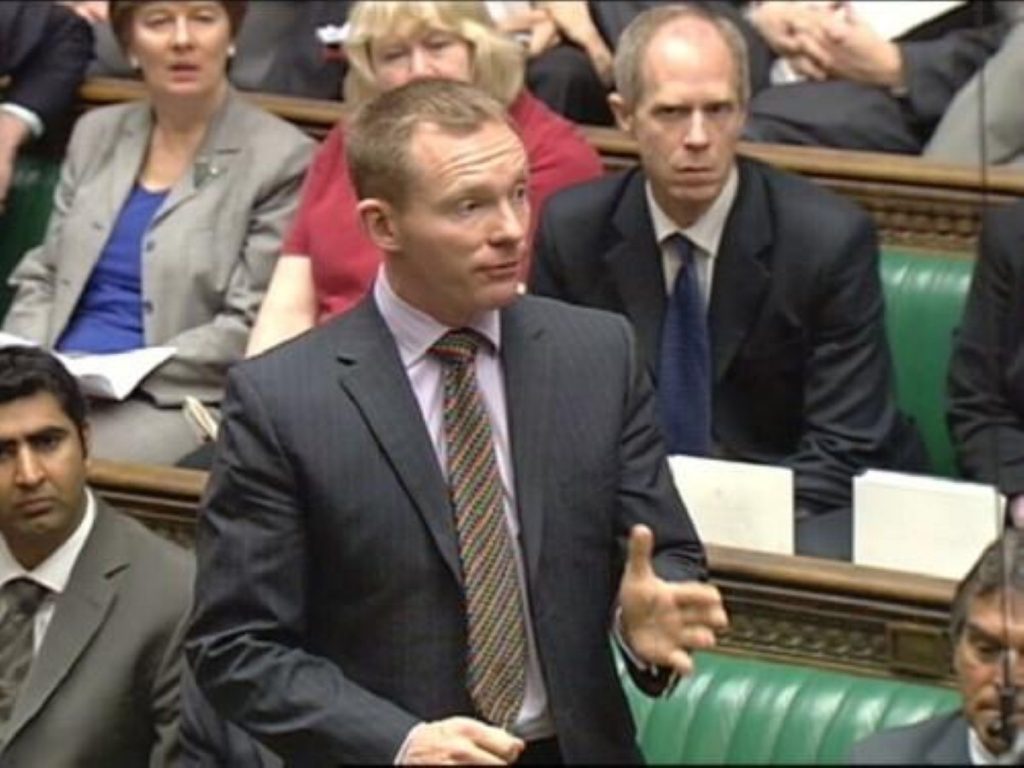A week in politics: The banquet of overblown rhetoric
By Ian Dunt
The meal started with a complimentary glass of champagne. All three parties sent big hitters to the Confederation of British Industry conference, an event where they usually concentrate on telling men in suits what they want to hear. The message was a little sharper this time, with David Cameron, Ed Miliband and Vince Cable all making the case for greater government intervention in the economy.
By the end of it business leaders said they preferred – you guessed it – the Tory leader.
Next came the appetiser, in the shape of GDP figures. These were watched as if it was Moses making his way down from the mountain. They set the tone for the three months of politics to come. And that tone appeared about as good as the Tories could have asked for. As it happened, growth slowed, but not as badly as analysts had predicted. It was quickly followed by good news from the credit rating agencies as Standard and Poor revised its outlook for the UK economy. By the time the main course came, the Tories were feeling nice and chirpy.


Main course, however, was thoroughly overcooked. The rhetoric around housing benefit cuts had been getting more and more heated as the week went on, as analysts suggested it could force an exodus of the poor from central London. At some point it went all ‘war crimes’. Suddenly it was being branded the ‘final solution’ where London would be ‘socially cleansed’ of the poor. Chris Bryant tried it with Nick Clegg on Tuesday, and earned an angry rebuke. Shortly afterwards, the cracks in the Lib dem benches showed, with deputy leader Simon Hughes restating his opposition.
Hughe’s face was a picture of discomfort on Wednesday during PMQs. Miliband made as much of that as he could. He also managed to reduce Cameron’s wiggle room by prompting him into committing himself to the policy in a highly public manner. By Thursday divisions were being revealed among the Tories as Boris Johnson said he would have no part in “Kosovo-style social cleansing”. The PM expressed his irritation, via his spokesman and Boris got the message. By tea time he was insisting – rather unconvincingly – that he had been misquoted.
The main lesson to take from the debacle was how high emotions had run on just one part of the spending review. Already, divisive rhetoric and internal strife had hit the government parties – and that on a policy which most analysts believe has public support.
Dessert was equally distasteful, as Cameron went to Europe to try and fight off a rise in the EU budget contribution. He failed, but Downing Street fiercely promoted the reduction in the rise (2.9% from 5.9%) as a win. The Tory party is like a family dog, whose ears prick up when it hears the words EU, ready for a fight. But when you’re slashing welfare spending, no-one’s keen on sending off more money to the EU’s hospitality fund, regardless of party affiliation.









